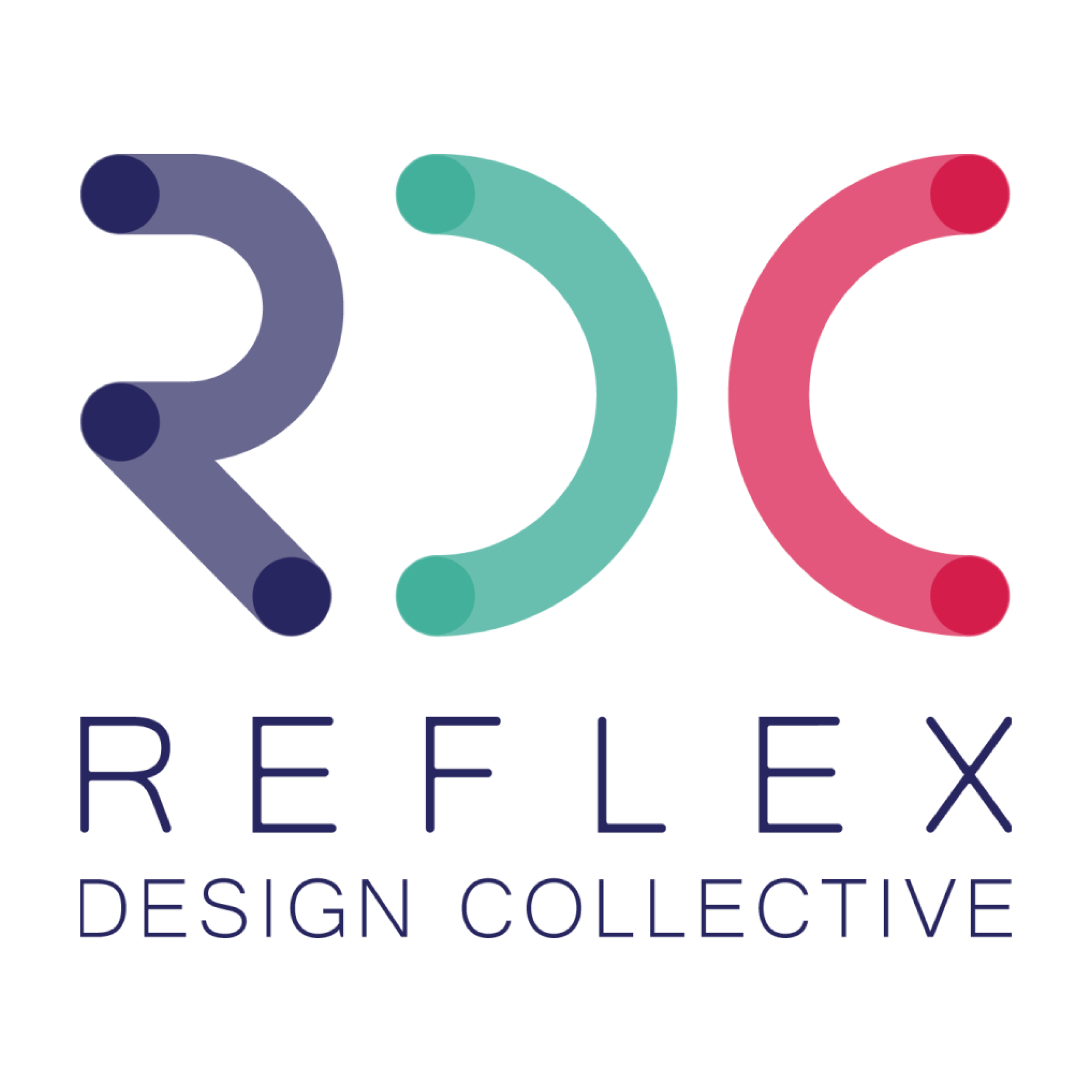Case Study 1:
D3 Innovation Summit
How might we build immediate solutions to improve human rights in homeless encampments for Oakland’s District 3?
Partner: Oakland City Council District 3
Project type: Community Driven Co-Creation
Services:
Equitable Co-Creation
Community Engagement
Strategic Advising
Timeline: Winter 2017
Challenge
District 3 of West Oakland has one of the largest populations of homeless constituents in the region.
Many existing solutions address the homelessness emergency require the slow involvement of city bureaucracy or large amounts of funds to be implemented. In the meantime, immediate solutions are needed.
Moreover, while government bodies, community organizers, and unsheltered constituents have been building their own solutions and strategies, there is a lack of coordination across different communities. Many problem solvers working in this space lack communication and relationships to share knowledge and co-create around a shared plan of action.
Our Approach
In this space of contention, we dove deep into the communities involved in this crisis to build a shared strategy around our engagement. In partnership with community leaders and organizers, we developed an understanding of the ongoing work and experiences, and stories that make up the homelessness emergency and identified opportunities for immediate solution development.
Key Activities:
Community engagement and partnership with community organizers, unhoused constituents, professional experts and city staff to identify opportunities for innovation
Design workshops with key stakeholders to build shared understanding of the problem and opportunity
Public dinner and night of conversation to build community and fellowship
Design workshops with key stakeholders and the public to design immediate solutions to address the homelessness emergency
Outcomes
This engagement resulted in 9 proposals for the city councilwoman, ranging from highly tactical solutions to community building programs. Each proposal was a highly comprehensive vision complete with physical prototypes, logistical details, roles for multiple stakeholders, and next steps for expansion.
Beyond the solutions themselves, participants reflected positively on the collaborative dynamics achieved from the workshops. This was no small feat, considering the history of mistrust, issue immobility and trauma experienced by many participants.
“They’ve shown me that their methods can bring together the most marginalized residents – our unhoused neighbors – to be part of a process of community change. This improved paradigm for innovation: one where communities are empowered to work more creatively together through healing relationships and new skills— lifts the brilliance of challenged communities that often goes untapped and, frankly, is often disrespected. Their work is not about identifying exceptional individuals among us but activating what is exceptional in all us – a much more powerful force for change.
As someone who has been working on behalf of Oaklanders for long time, we need processes like theirs that allow stakeholders to overcome conflict, bias, trauma, fear, and despair to co-create a better future.”


